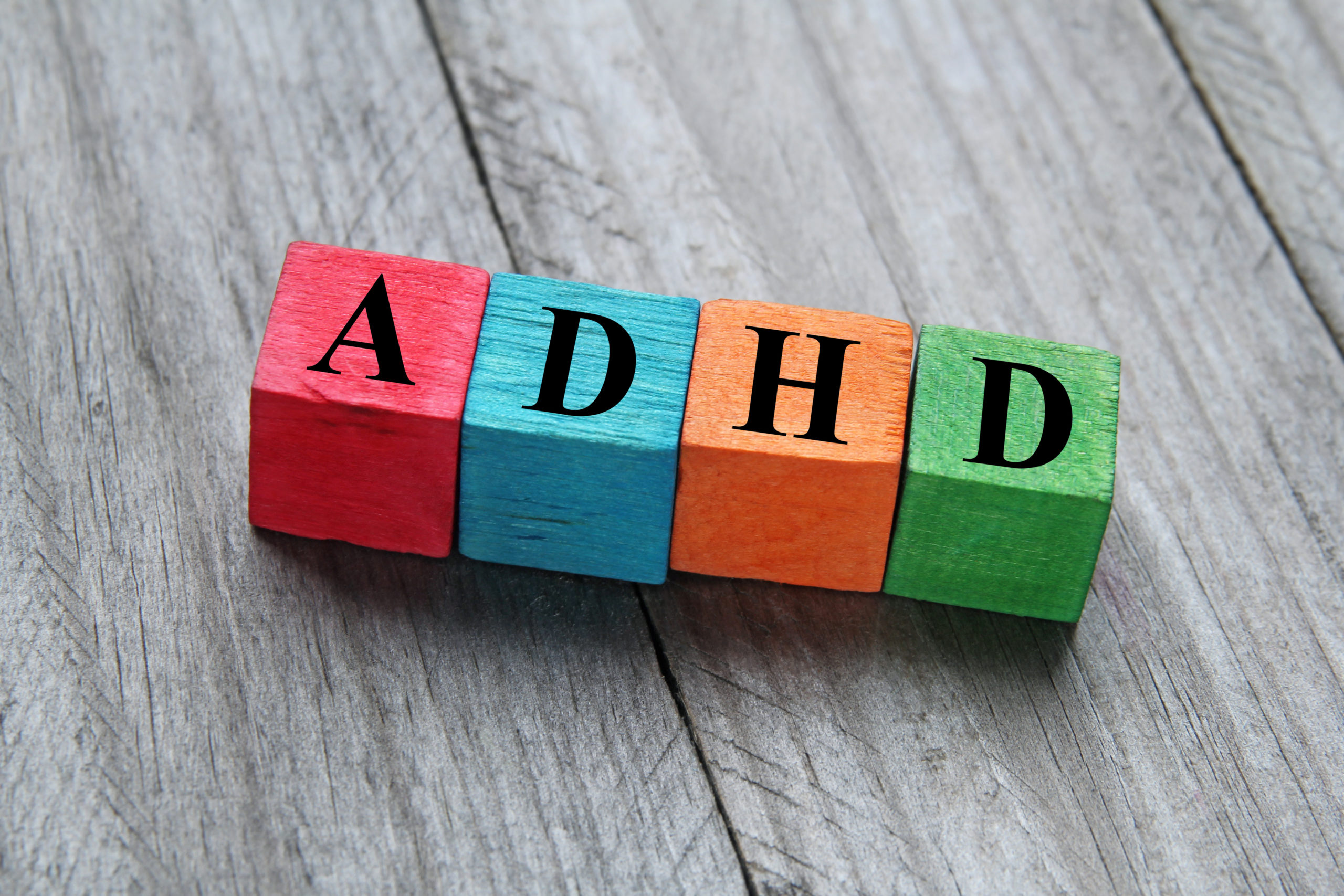When you get into the world of addiction there are a lot of words and phrases that get thrown around.
Some phrases sound intuitive to define, like dual diagnosis, but it’s important to truly know the meaning in order to understand you or your loved ones’ diagnosis better.
Dual diagnosis does not mean that you are diagnosed with two addictions to two different substances or have been diagnosed with two or more mental health conditions. Instead, it’s a combination of those two ideas, and what it comes down to is that you have a substance use disorder that co-occurs with a mental health condition.
Dual diagnosis is more common than you may think, as one often comes as a packaged deal with the other. This is why many people with depression or anxiety disorders end up addicted to alcohol or marijuana. The substance you end up using might help to suppress some of the effects of the mental health disorder on your mind and body, giving you only a brief relief.
Understanding Dual Diagnosis
Dual diagnosis is common, meaning if you or a loved one are suffering from multiple ailments, you are not alone.
Many people that suffer from mental illness will find relief from their symptoms through substances. No matter which substance it is that is negatively affecting your life, by finding treatment that takes both your mental health and substance use disorder into consideration, you are more likely to find recovery and proper care to treat your conditions.
When it comes to treatment, you cannot treat one condition that the other. In the case of dual diagnosis, you must figure out a treatment plan that works towards treating both concurrently. This is the most effective way to see positive changes being made in your life, and there are so many resources that can help you.
People suffering from dual diagnosis would want to consider inpatient or intensive outpatient care at a recovery center like Soba’s. With in-person treatment, you are able to conquer all of your battles with trained medical professionals who are there to support and assist you in your recovery journey.
How Does It Differ From Cross Addiction?
Often, dual diagnosis might be confused with the term “cross addiction”. Cross addiction is referring to when someone has two or more addictions in their lifetime.
It can range from a variety of substances, like alcohol, heroin, or cocaine, to having a gambling addiction, or even a sex addiction. One addiction may lead to another, or in many cases, you may be in recovery from one addiction when you develop another one.
Mental Health Issues and Addiction
If you are struggling with a mental health disorder and a substance use disorder, you should seek out treatment to better find ways to treat both conditions at once.
Several disorders are more common to have a dual diagnosis of substance use disorder with, and they end up being one of the main underlying causes of substance use. It’s not that all people who have mental illness are also substance users, but it’s always important to look deeper into what role your use of substances plays on your mental health.
Depression
Depression is one of the most commonly reported mental health disorders that people in the United States suffer from. Because depression is also often under-reported, those not getting proper treatment can turn to self-medication to treat their symptoms.
Certain substances’ effects on the body and brain can trick a person into thinking it’s helping them. Dependencies form, and soon, it’s hard to feel better without the assistance of drugs or alcohol.
Borderline Personality Disorder
Studies have shown that the link between borderline personality disorder (BPD) and substance use is very high and that over two-thirds of people with BPD have used substances before to aid their symptoms. When you are suffering from BPD and are not getting the proper treatment for it, you might turn to self-medication as a way to cope.
Schizophrenia
What is challenging about using substances when also schizophrenic is that some of the side effects overlap, and it can be difficult to distinguish what is affecting the symptoms.
For instance, certain substances might cause hallucinations, but so might the side effects of schizophrenia. When someone with schizophrenia uses substances, they are putting themselves at greater risk, as it may become more difficult to decipher reality from their condition.
Eating Disorders
When you struggle with an eating disorder, it’s often challenging to control what you are consuming. You want to find ways to suppress your hunger, or maybe you want to boost your hunger just to binge eat for a night. Certain substances, like MDMA, work to limit your appetite, whereas drugs like cannabis might increase your hunger drive.
Post-Traumatic Stress Disorder (PTSD)
Someone who struggles with post-traumatic stress disorder, or PTSD, has undergone some type of event that has altered the way their brain functions and creates trauma that reappears, sometimes randomly or after being triggered.
At the same time, a person struggling with PTSD will have fewer endorphins being produced in their brains. This means that it will be more difficult for those people to feel happy or good about themselves and their situation. Many people will turn to drugs or alcohol to bridge this gap in their brains. It can help make the trauma seem lighter, or it can sometimes help to erase the memories altogether (for only a little while).
Attention-Deficit Hyperactivity Disorder (ADHD)
It’s thought that people who struggle with attention-deficit hyperactivity disorder (ADHD) are more likely than others to use drugs or alcohol as a way to combat their symptoms. People with ADHD usually get prescribed a stimulant to help them focus and stay on task, but improperly using this drug can lead to bad habits, which can develop into addictions.
While these stimulants can be very helpful to the person struggling with ADHD, you have to take into account your own genetics, your family’s history with drugs and alcohol, and your personality to stay as safe and healthy as possible.
Factors for Dual Diagnosis
Many factors play a role in your dual diagnosis. Whether environmentally or genetically, there are things that can truly change the trajectory of your life and influence your decisions:
- Brain Response: How your brain responds to illicit drugs that you take could impact how you and society views you. You might take drugs that have symptoms similar to paranoia or hallucinations, which could eventually lead you to develop a mental disorder.
The way that your brain responds to the drugs is a good indicator of what kind of effect they will have on you in the long run. - Genetics: Depending on your genetics, you might be predisposed to mental illness, especially if family members have struggled before. Genetically speaking, you could also be more predisposed to develop an addiction. Being predisposed to either can later affect how the other materializes in your brain.
- Environment: People who struggle with chronic stress, undergo traumatic events, or even experience neglect are likely to be influenced by their environment. When the environment around someone is not safe or healthy, it can kickstart a mental health disorder or addiction.
If you are around people who are constantly drinking or using drugs, it might influence you to participate more, especially as a means for survival. - Exposure: People who have seen firsthand how drugs and alcohol can impact someone may either turn away from it altogether to find themselves a better life, but sometimes, this is not the case. Being exposed to drugs or alcohol can cause you to seek them out for yourself at a young age.
People that experiment at a younger age are more likely to impact the structure and functioning of their brain, which can lead to developing mental health conditions earlier on in life.
Getting Help at Soba Recovery Centers
While we often want to turn away from our problems, the easiest path to recovery comes when you face your problems head-on. You can’t treat one condition without treating the other, and you won’t see proper results unless you are getting help for both.
With Soba Recovery Center, we understand how it all works together. We want you to find comfort and safety when dealing with your mental health disorders, but that’s hard to do when you are struggling with addiction. Soba’s Recovery Centers allow you to create a personalized treatment plan that puts your mental health and addiction at the forefront.
If you think that you or a loved one could benefit from this kind of treatment, contact a Soba representative to discuss how to help. It’s never too late to put yourself first.
Sources:
What is Cross Addiction? | American Addiction Centers
Part 1: The Connection Between Substance Use Disorders and Mental Illness | NIDA
Borderline Personality Disorder And Substance Use Disorders: An Updated Review | NCBI











